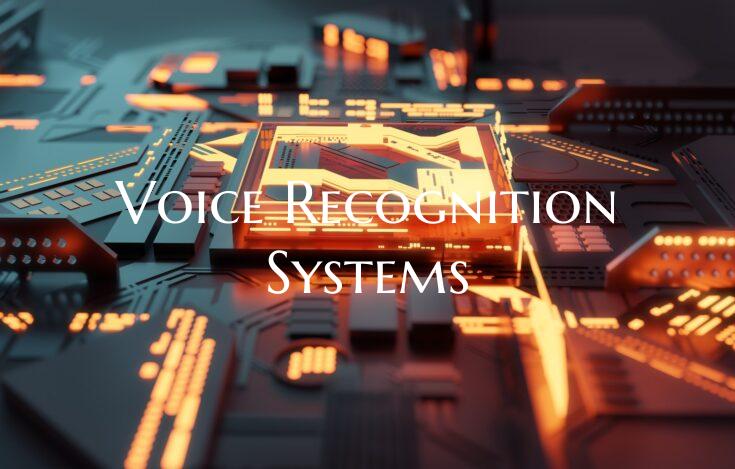Voice Recognition Systems
Voice Recognition Systems: Revolutionizing How We Interact with Technology
Voice recognition systems have significantly transformed the way we interact with technology, making it easier and more convenient for users to communicate and control devices using their voices. These advanced systems are designed to recognize and interpret human speech, allowing for seamless interactions with various devices, applications, and services.
One of the key benefits of voice recognition systems is their ability to enhance accessibility for individuals with disabilities. By enabling users to interact with technology through voice commands, these systems empower individuals with mobility or dexterity challenges to navigate devices and access information effortlessly.
Moreover, voice recognition systems have become increasingly popular in smart home devices, such as virtual assistants like Amazon Alexa and Google Assistant. Users can control various smart home appliances, set reminders, play music, and even shop online, all through simple voice commands.
In addition to their applications in consumer electronics, voice recognition systems are also being adopted in healthcare, customer service, and automotive industries. In healthcare, these systems help streamline documentation processes, improve patient care, and facilitate hands-free operation during medical procedures. In customer service, businesses use voice recognition to automate call routing and provide personalized support to customers efficiently. In the automotive sector, voice recognition technology enables drivers to control navigation, music, and communication systems without taking their hands off the wheel.
While voice recognition systems offer numerous benefits, they also come with challenges such as accuracy issues, privacy concerns, and security risks. Continuous advancements in machine learning and artificial intelligence are helping to address these challenges by improving the accuracy of voice recognition systems and enhancing data protection measures.
Looking ahead, voice recognition systems are expected to play a significant role in the future of human-machine interactions, offering a more intuitive and natural way for users to engage with technology. As technology continues to evolve, voice recognition systems will likely become even more integrated into our daily lives, making tasks simpler and enhancing overall user experience.

